Sport
Behind the diplomatic language of “voluntary migration” lies a deliberate policy of forced displacement and cultural erasure, echoing the darkest chapters of Palestinian history.
Gaza City, Gaza — In Washington this week, at a polished table in the White House, Donald Trump and Benjamin Netanyahu sat and smiled with the confidence of those who believe they own destiny, maps, and warplanes.
Trump, as usual, appeared not as a head of state but as a globe-trotting real estate developer. This time, Gaza was the land for sale - or rather, for evacuation. Trump told reporters: "We've had excellent cooperation from the surrounding countries... so something good is going to happen."
"Something good."
That's how Trump describes the idea of forcing an entire people off their land – erasing an identity, burying cemeteries, uprooting a culture thousands of years old, and moving them to more "comfortable" places.
He calls it freedom, but only if you agree to leave your home first. The Palestinian must leave his land to live in unknown exile, without dignity or a society to belong to.
You have to leave everything behind and say "thank you" to those who destroyed your home.
It's become clear that the goal of prolonging the war on Gaza — a strip of land only 327 square kilometres in size — and pouring tons of explosives on it, was to draw a map of displacement. Whether forced or voluntary, no longer matters.
Now the vision is clear: whenever Trump and Netanyahu sit together, they talk about expelling the people of Gaza. And who can stop this madness?
Under Trump's leadership, America openly supports the expulsion of the Palestinians – to empty the land of its people.
This desire is not new; from the earliest Zionist visions, including Theodor Herzl’s notion of “spiriting the penniless population across the border” to make way for a Jewish state, the Israeli dream has always been a land without people, to complete their control over the rest of Palestine.
America is deeply involved in the Gaza war, as if it were its only concern. Trump tweets and talks about it constantly - always siding with Israel, condemning the Palestinians at every turn - as if Gaza were his main business, the magical land where he would launch his next Trump economic project, which he once called "the Riviera”.
Trump sees opportunity.
So what makes a man living on the other side of an ocean, in a marble tower where he hears only the echo of his own voice, decide the fate of more than two million Palestinians?
Who gave him the right to offer a grieving father - whose daughters were torn from his arms under the rubble - a choice called "a better life"?
What connects him to these people other than the arms deals he signs for Israel?
How can he be called a man of peace or humanity when he funds the murderer and pats him on the back while children, women, and the elderly are exterminated?
Trump doesn't see the Palestinians. He sees an opportunity to be the hero of a grand project of geopolitical engineering - one paid for by strangers and buried in bystanders.
While in Washington, Netanyahu said: “If they want to stay, they can. If they want to leave, they should be able to. Gaza should not be a prison."
But Israel refuses to end the war. It continues its siege, its bombing, and its sniping.
What prison is worse than a city without water, without medicine, without electricity, without peace?
And then they say to the people there: "Choose”.
Can someone who is hungry, homeless, socially dismantled, and physically and emotionally devastated by a war that has burned his body and his memory really "choose" to stay or go?
It's a thinly veiled trick - not even a child who lost half his family in an airstrike would believe it.
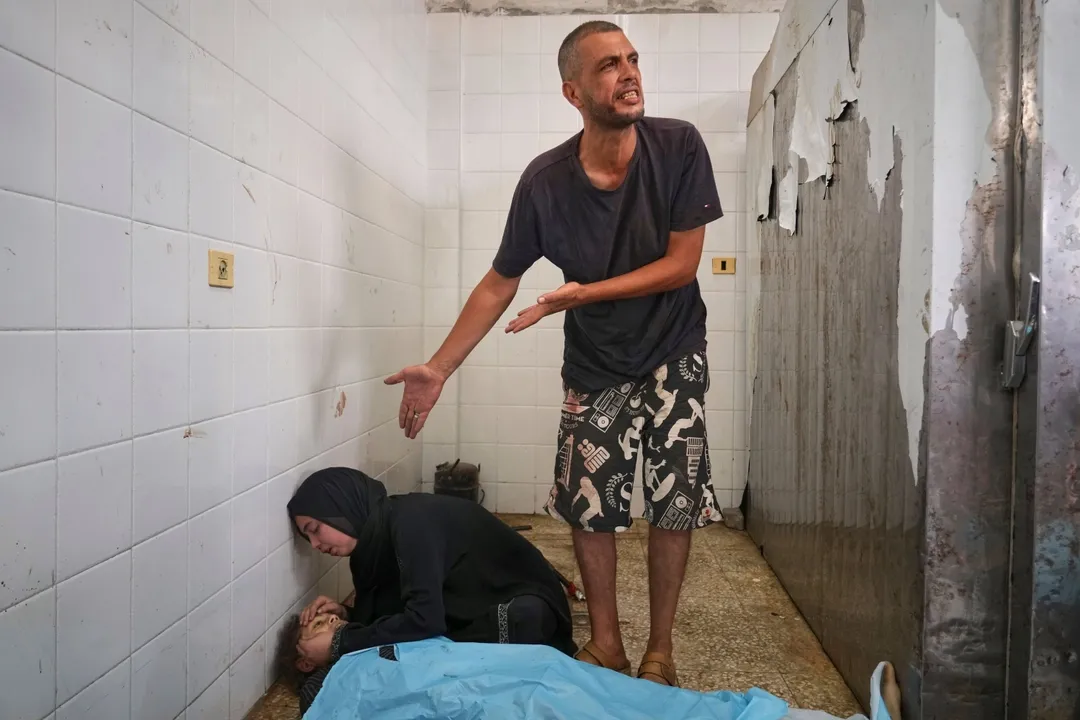
This is how mass displacement is manufactured - not by overt force, but by offering death as a "choice”.
What's happening now is a war of vocabulary.
Word games do not save consciences, and they do not cleanse hands of blood.
They say "voluntary migration" instead of forced displacement; "a better opportunity" instead of extermination; "host countries" instead of exile.
This isn't diplomatic language - it's a linguistic deception machine designed to mask a heinous crime, to deodorise its stench.
Surviving with dignity
In Gaza, life is not a poetic metaphor - it is a daily exercise in survival.
The Palestinian wakes up to the sound of warplanes, searches for a loaf of bread, walks without fuel, plots ways to find water, fights infection without medicine - and still teaches his son that "home" is not for sale, even if it burns.
During the war, people of Gaza endured the most brutal forms of torture – starvation, killing, displacement, exile, and loss. They were subjected to political blackmail, pressured to give up their rights in exchange for food. Prices have been driven so high that basic nutrition has become almost impossible.
Today, one in five Palestinians in Gaza face starvation, according to the Integrated Food Security Phase Classification (IPC), as food supplies collapse under siege. And yet every Palestinian clings to his place in Gaza and teaches his children to do the same.
A single Palestinian child understands more about belonging than most defence ministers in world capitals.
A home in Palestine is not just walls - it is a memory, a name, a longing, a prayer, a grandfather's picture on the wall, the smell of lemon.
So when Trump says that the neighbouring countries are ready, it's like suggesting that a mother drop off her baby with the neighbours and start a new life.
The Nakba, repackaged catastrophe
This isn't new - it's just an updated version of the same plan.
In 1948, more than 700,000 Palestinians were uprooted from their villages, becoming refugees denied the right to return despite UN Resolution 194, which affirms that refugees wishing to return to their homes and live at peace with their neighbours should be permitted to do so.
They were displaced by means and tactics that hunted down innocents with death, arrest, torture, and home demolition - just like what's happening now in Gaza.
Today, they're being offered the "option" to leave "of their own free will" and live in "humanitarian zones". This is according to a US document obtained by Reuters on July 7, which outlines a $2 billion plan to build large-scale “Humanitarian Transit Areas” inside and potentially outside Gaza to house, “de-radicalise”, and prepare Palestinians for possible relocation.
Soon, border crossings and sea corridors will be opened for their departure, under the guise of humanitarian efforts to "save people".
Donald Trump, the merciful soul, simply can't bear to see Gaza in such a terrible state.
It is a grotesque farce - a shameful cinematic spectacle that must be stopped. But how?
The answer lies in global action, both official and grassroots.
There must be a voice that says to this circus, in the name of humanity: Enough.
Can ethnic cleansing now be wrapped up in wrapping paper, with names like "reconstruction" and "a better life"?
The silence of the world: Complicity in crime
The big question: What about the world? Why this disturbing silence about our common future?
Where are the speeches about human rights when Gaza is bombed, its people killed, and then politely told to leave under the duress of death and starvation?
In the case of Ukraine, voices were raised, institutions were moved, and suffering was turned into legal, political, and media capital.
But in Gaza, there are technologies of silence - systems of muting, a deliberate neutralisation of outrage.
Dominance is exercised not only through bombs, but also through the control of what is said - and what is not.
When Trump stands up and proposes "voluntary migration," he's not offering a choice, he's rebranding displacement as an act of humanity.
This is a textbook example of power: the manipulation of language to justify subjugation.
In this narrative, the Palestinian is not a political being, but a matter to be redistributed geographically.
Gaza is not a card on a negotiating table.
It's a space that produces another meaning of life under violence - a memory of resistance.
Any attempt to reduce the Palestinian to an object to be managed from the outside is an extension of the colonial logic that denies identity and confiscates voice.
Talk of "choice" here is not a choice - it is a veiled form of coercion.
True choice begins when the violence stops, not when departure is offered under bombardment as a "viable alternative."
Trump doesn't speak of the Palestinian as a person, but as an obstacle to a project. He doesn't see life - only a mass to be managed through calculations of interest.
Here, the colonial discourse repeats itself: either accept our conditions or go away, for your own good.
But the Palestinian — burying his dead, teaching his children, preserving his memory — practices resistance. Not because resistance is heroic, but because it's the only way to protect the self from dissolving into someone else's narrative.
Comments
No comments Yet








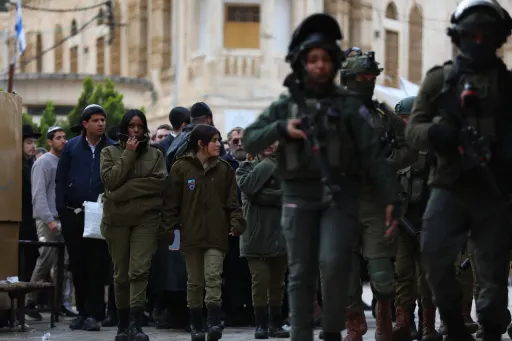
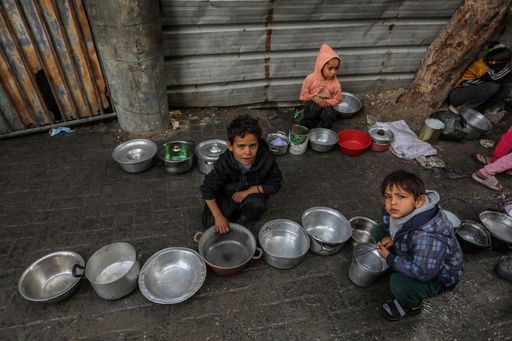
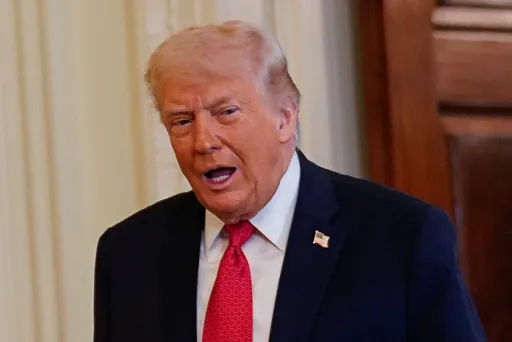
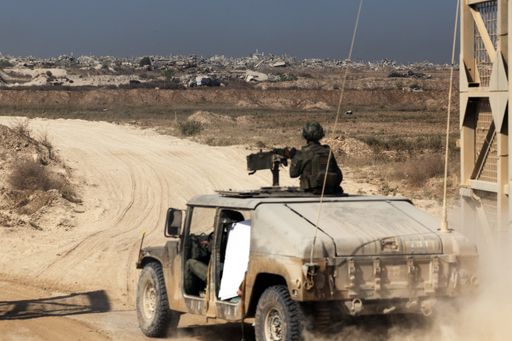


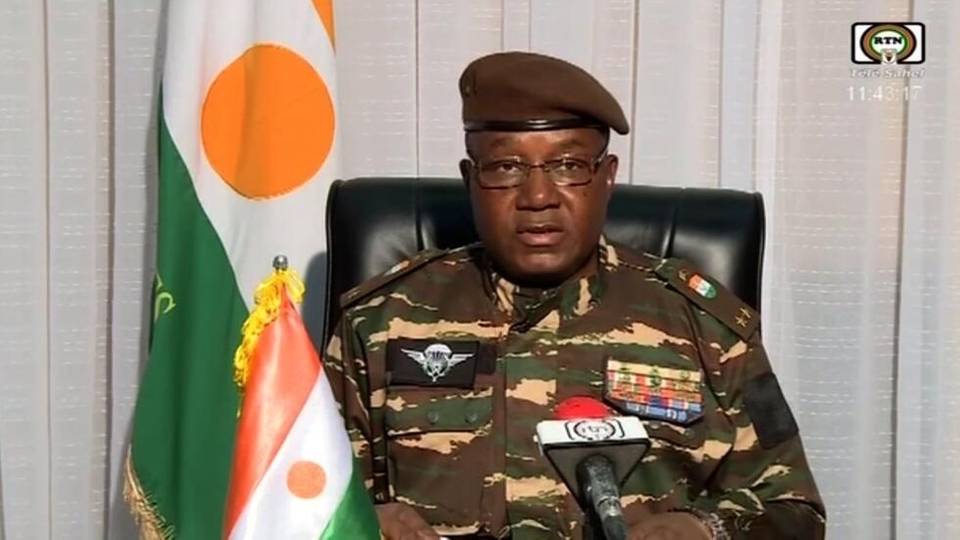
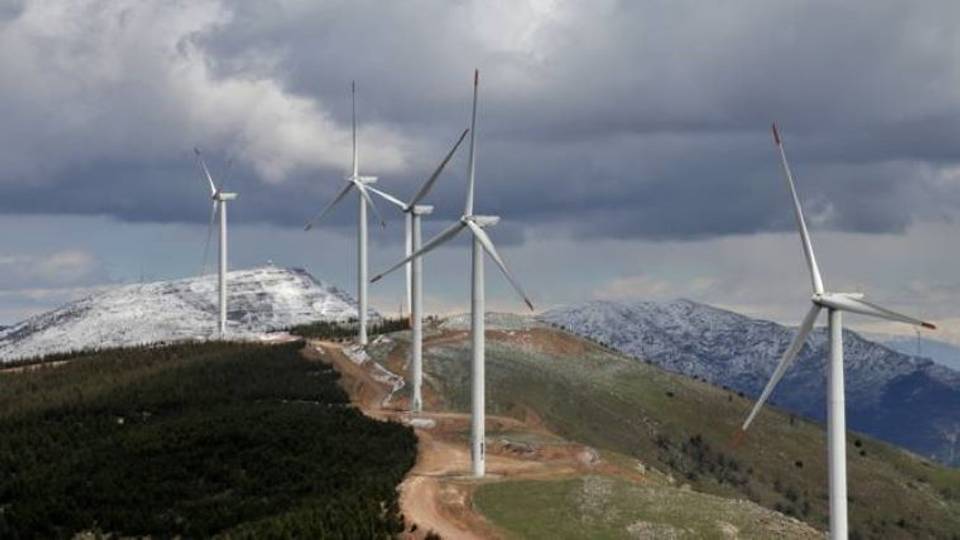
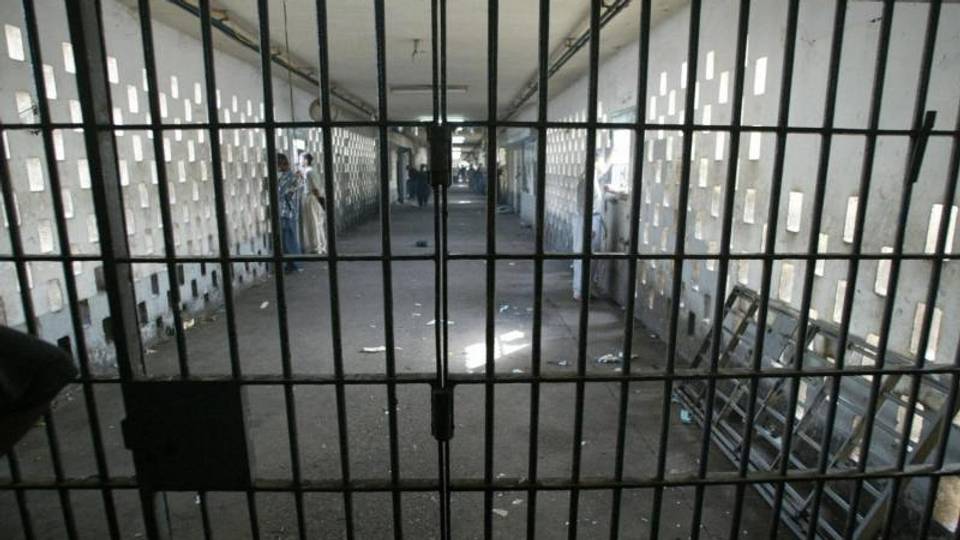
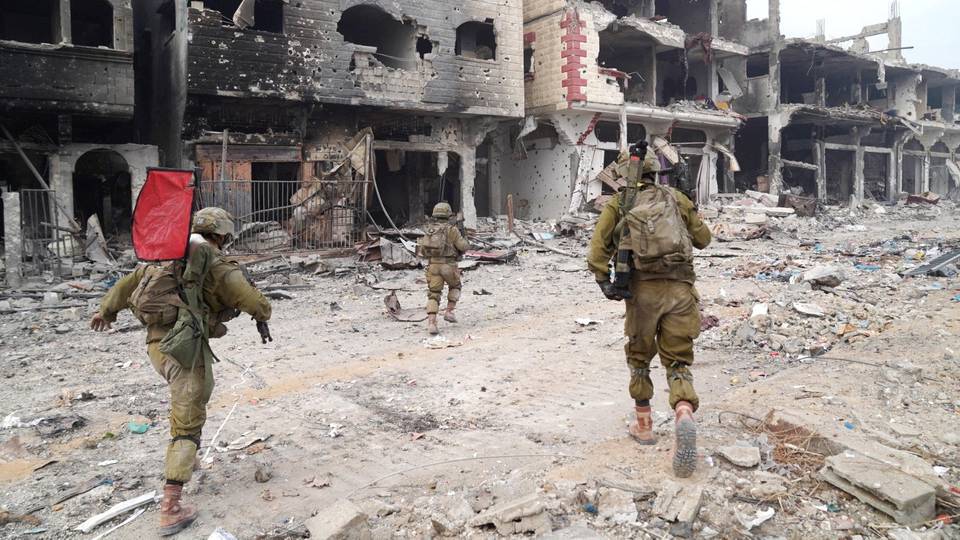


Comment